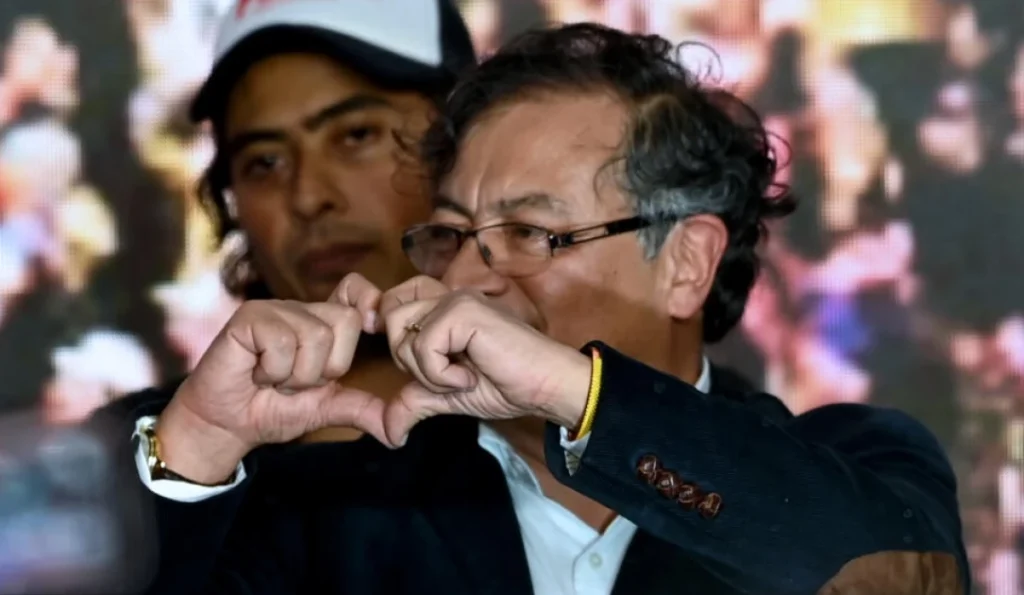Colombian President Gustavo Petro has announced the launch of fresh negotiations with Clan del Golfo, the country’s largest drug-trafficking network and a major global cocaine producer. Speaking Friday in Córdoba, about 180 miles west of Bogotá, Petro confirmed that discussions with the group which calls itself the Gaitanista Army of Colombia are taking place outside the country.
The Clan del Golfo, with an estimated 7,500 members, emerged from right-wing paramilitary structures and remains one of Petro’s most formidable security challenges. The group insists it should be recognized as a political organization, a designation that could afford it the same judicial treatment previously extended to guerrilla and paramilitary factions.
Petro’s government last month introduced a controversial bill offering criminal groups reduced sentences and protection from extradition in exchange for disarmament. However, similar efforts to negotiate with armed actors have failed since Petro took office in 2022.
The talks come as Colombia faces record-high coca cultivation. According to UN data, 253,000 hectares of land are currently used to produce narcotics. In response, Colombian security forces have intensified military operations to curb drug trafficking.
Internationally, the development adds strain to already tense relations with Washington. Former US President Donald Trump, now in his second term, has maintained the Clan del Golfo’s classification as a terrorist organization — a designation made early in his first presidency — and has reportedly urged the US military to prepare for operations against Latin American cartels, including Venezuela’s Tren de Aragua and Mexico’s Sinaloa Cartel.
Colombia’s status as a certified ally in the US-led war on drugs is up for review in September, raising the risk of losing significant financial aid. Ties have further soured since Washington recalled its top diplomat from Bogotá last month over undisclosed remarks.
In July, Petro accused the United States and “right-wing extremists” of plotting to overthrow him, deepening diplomatic rifts. The president’s latest move to engage with the Clan del Golfo could prove politically risky at home and abroad, as critics warn that offering concessions to such a powerful cartel may undermine the fight against organized crime.

